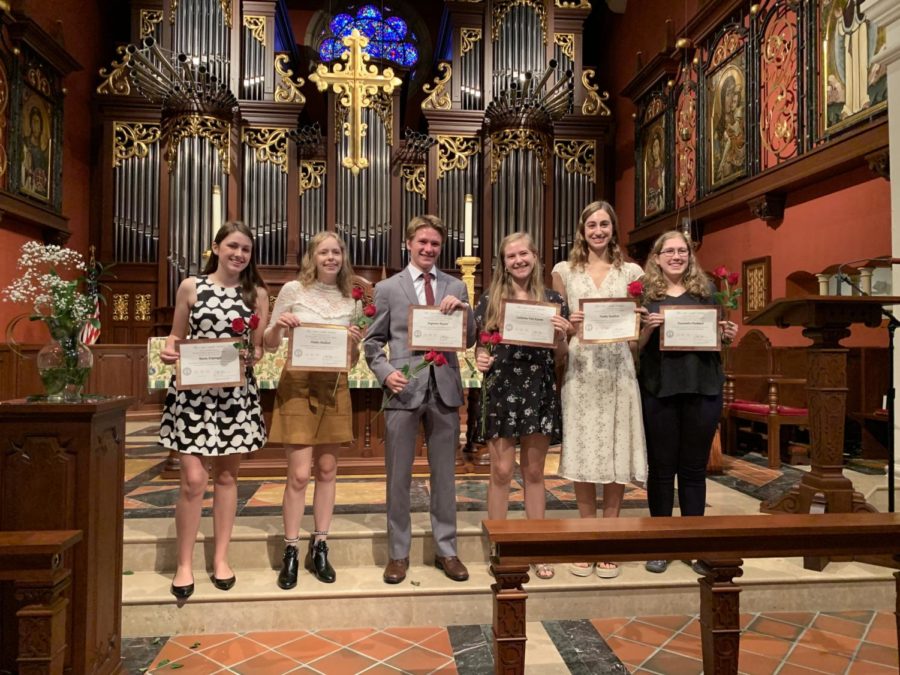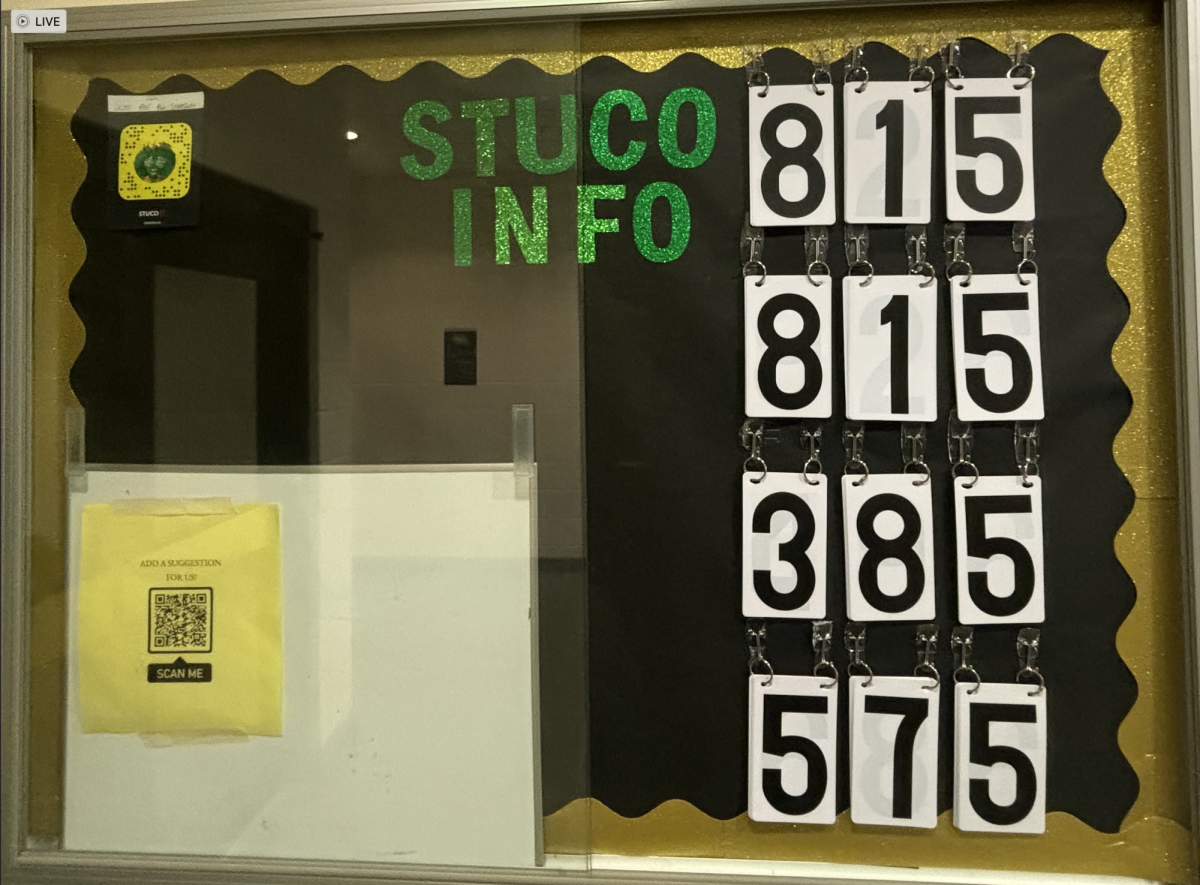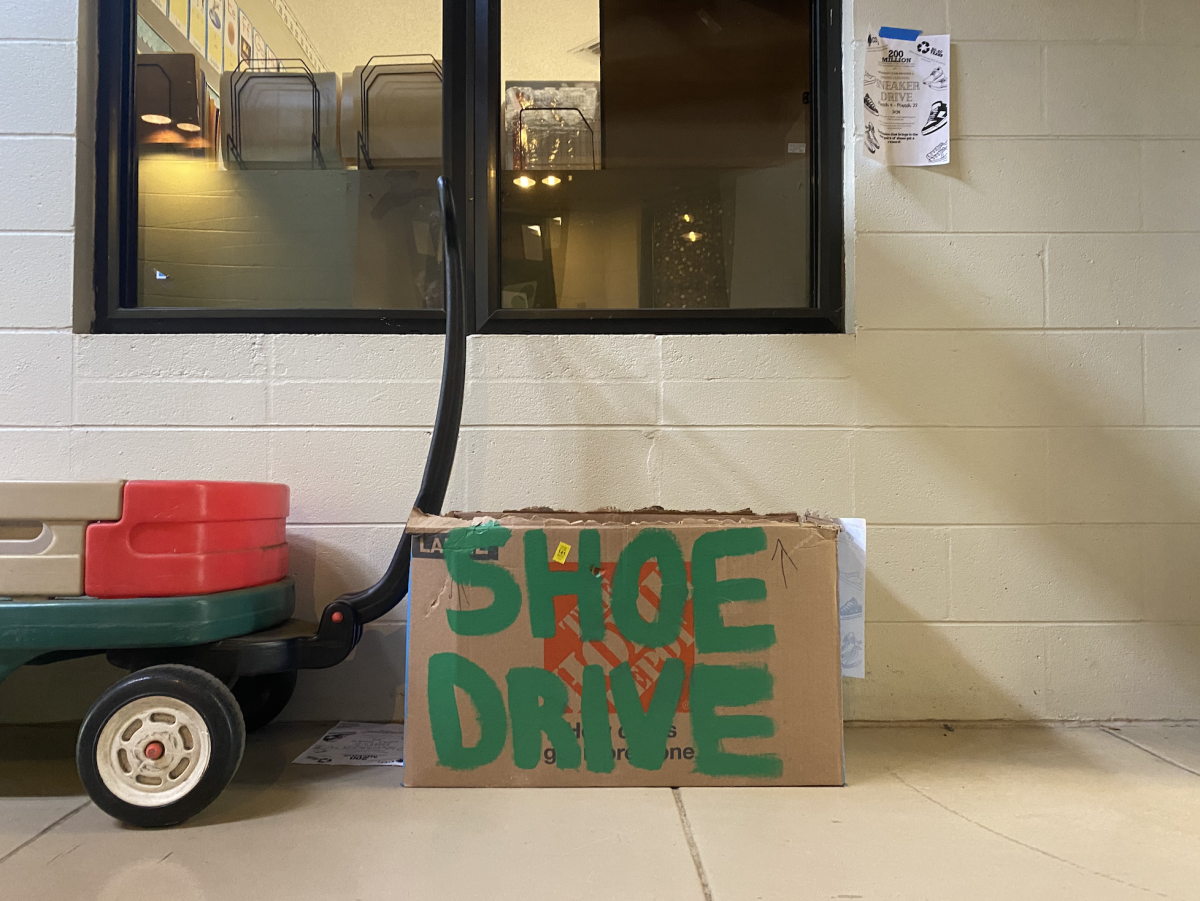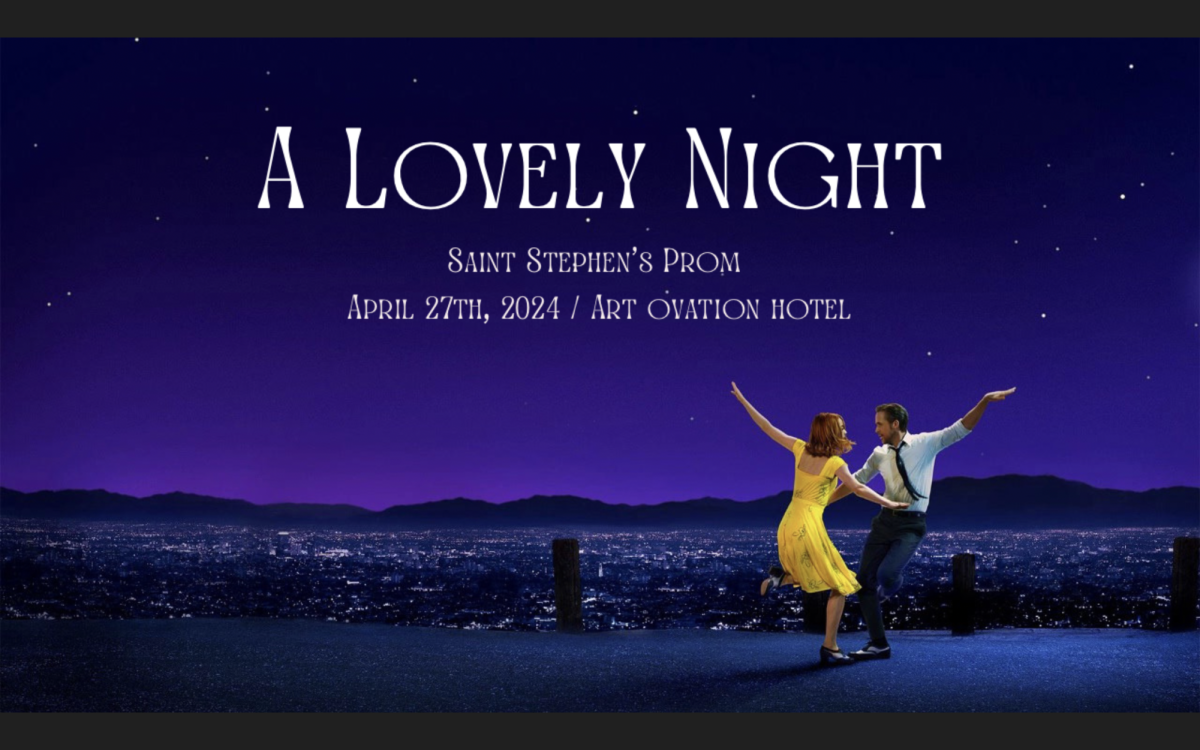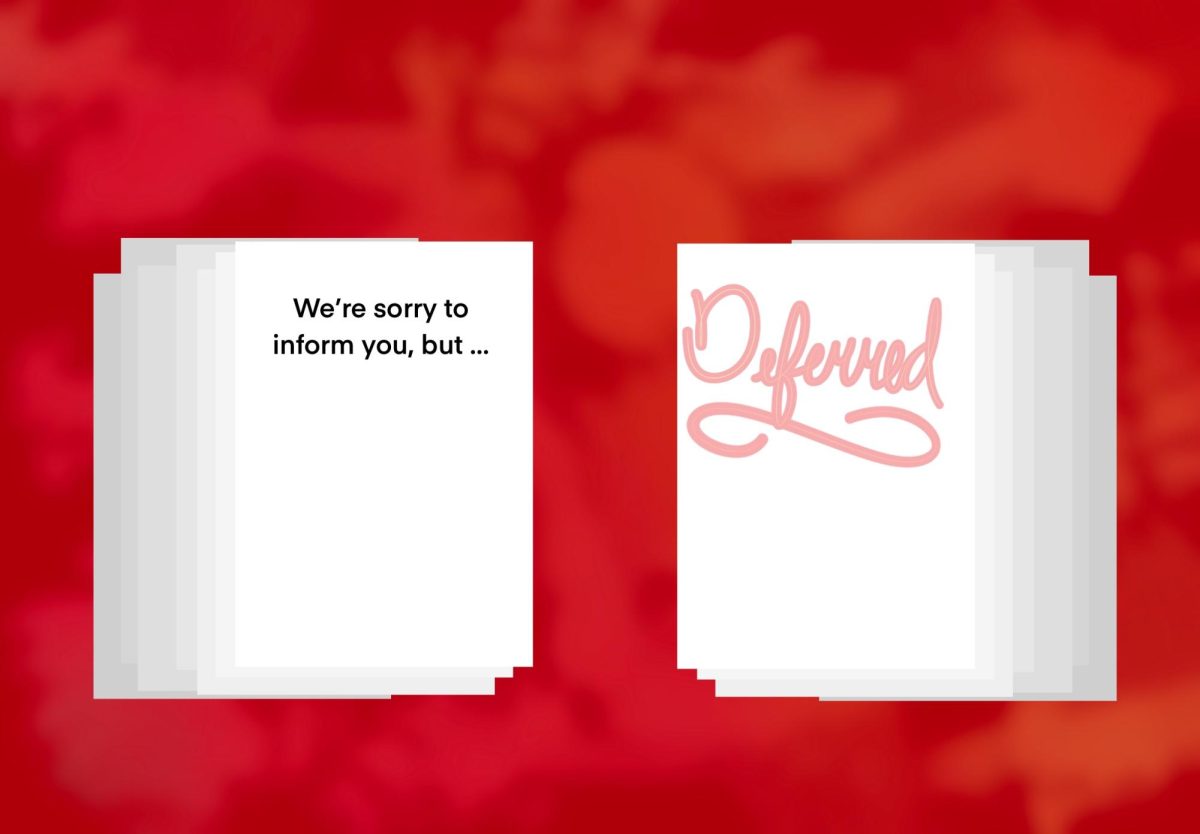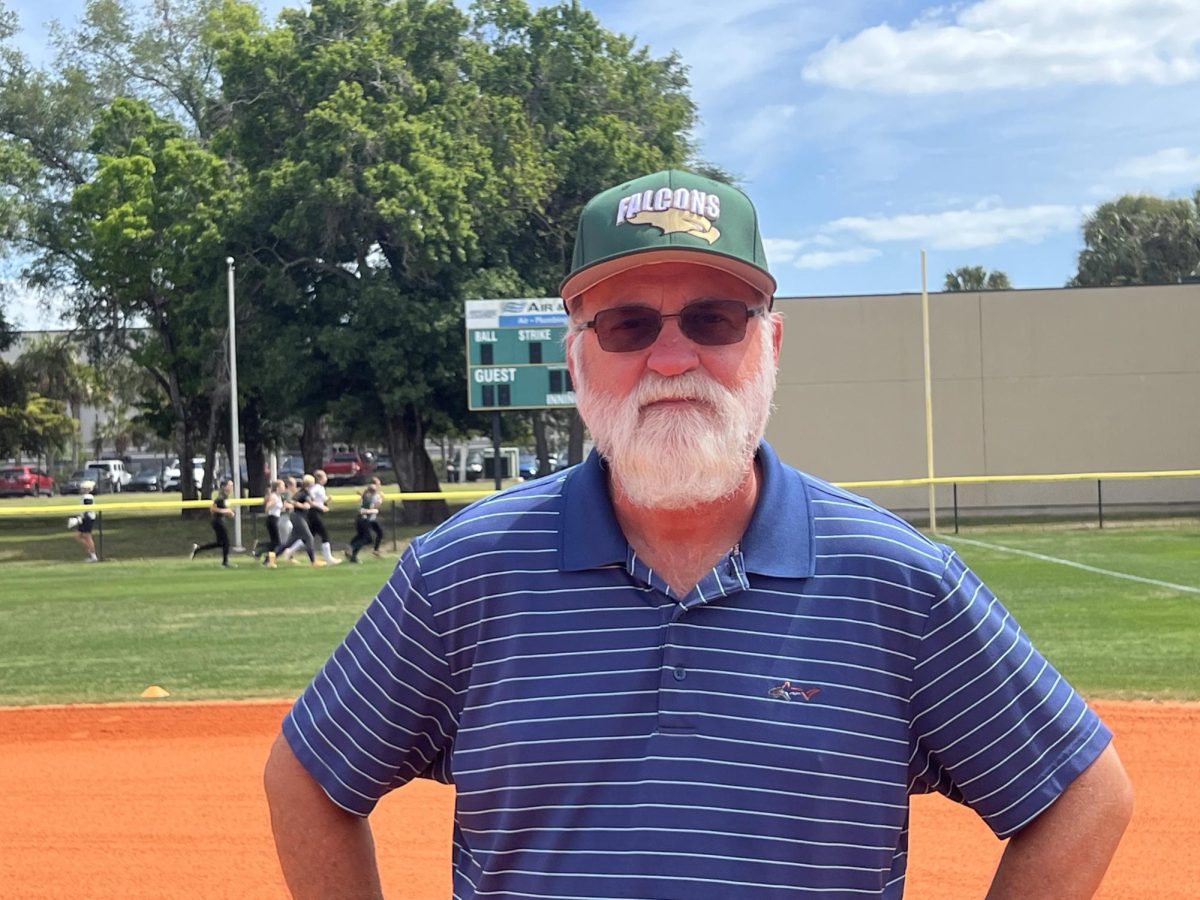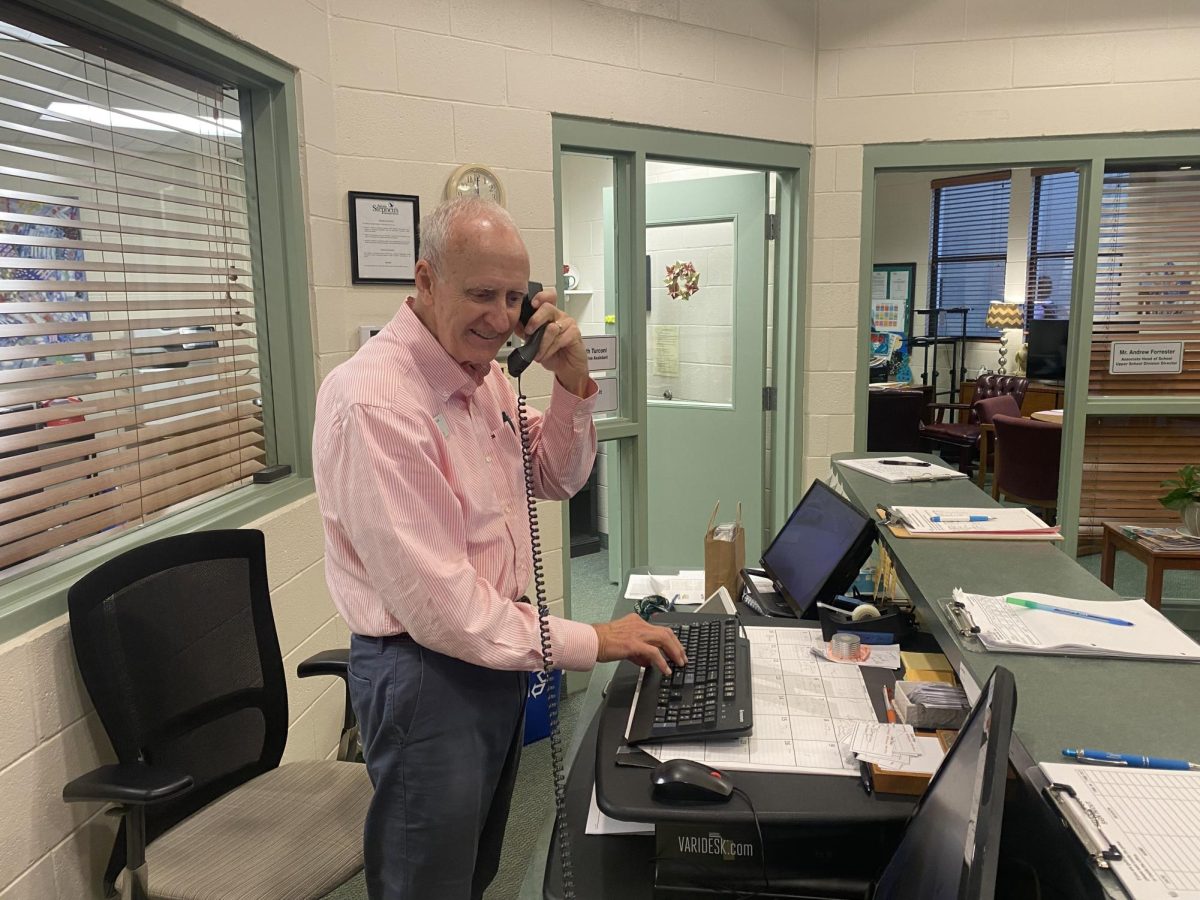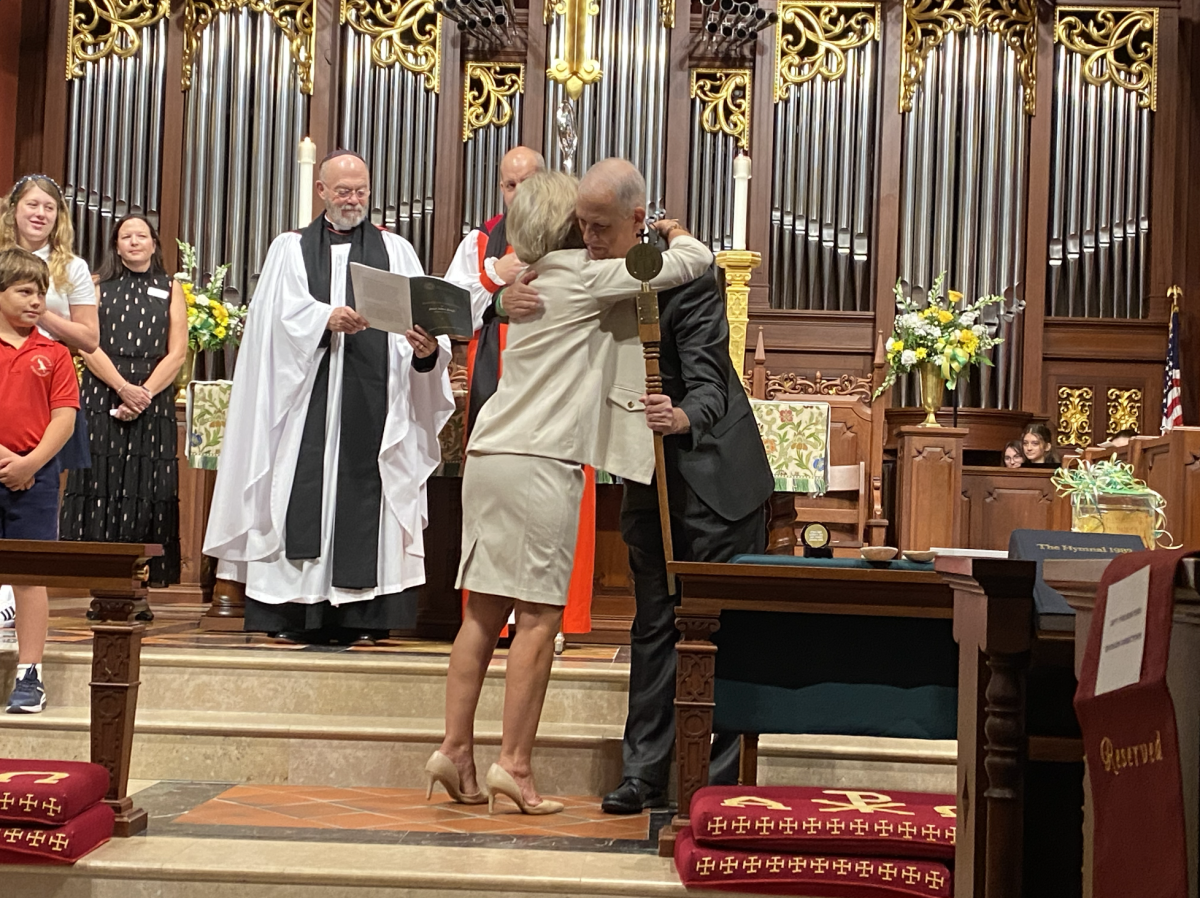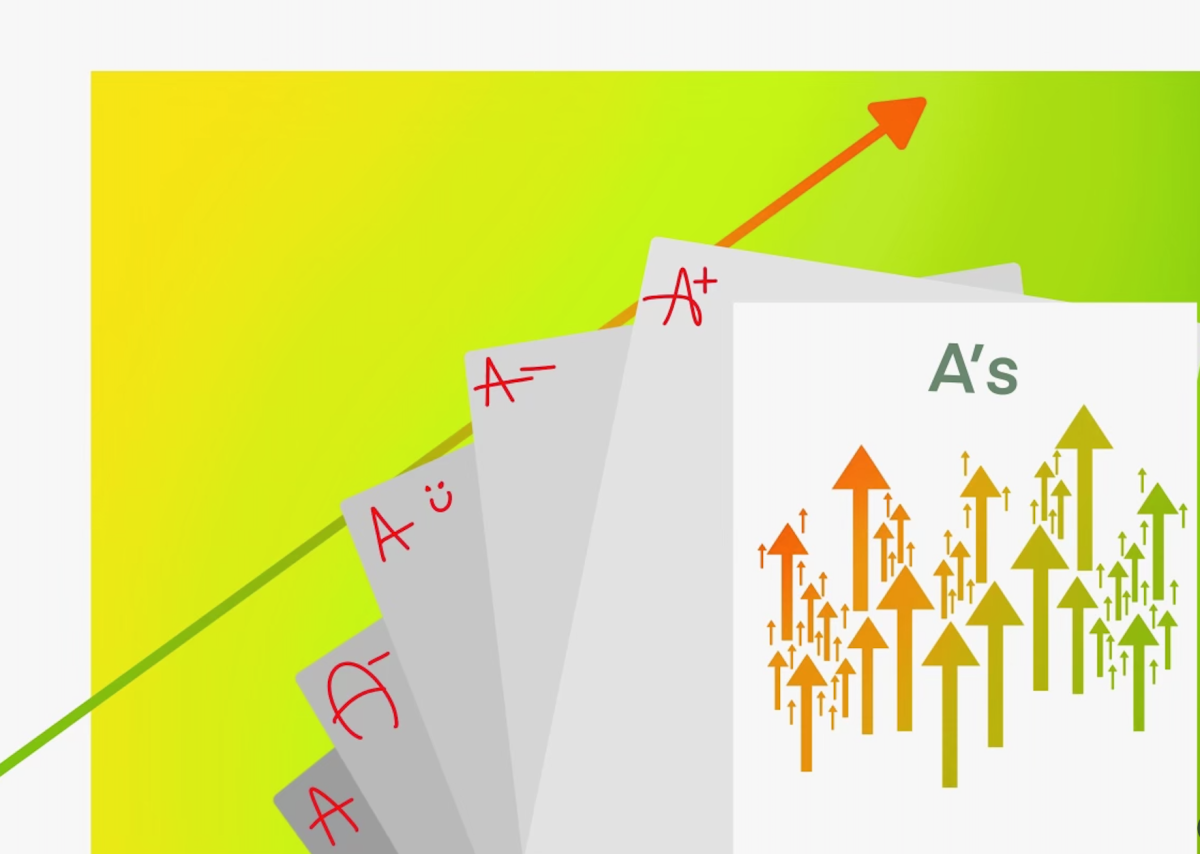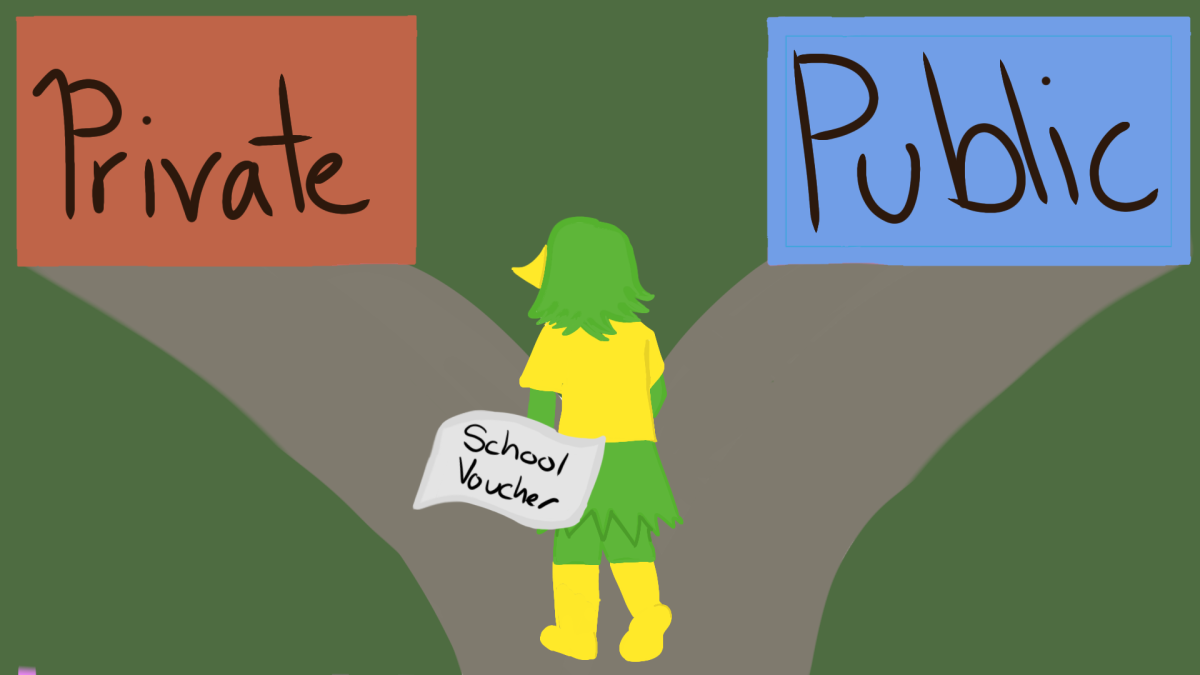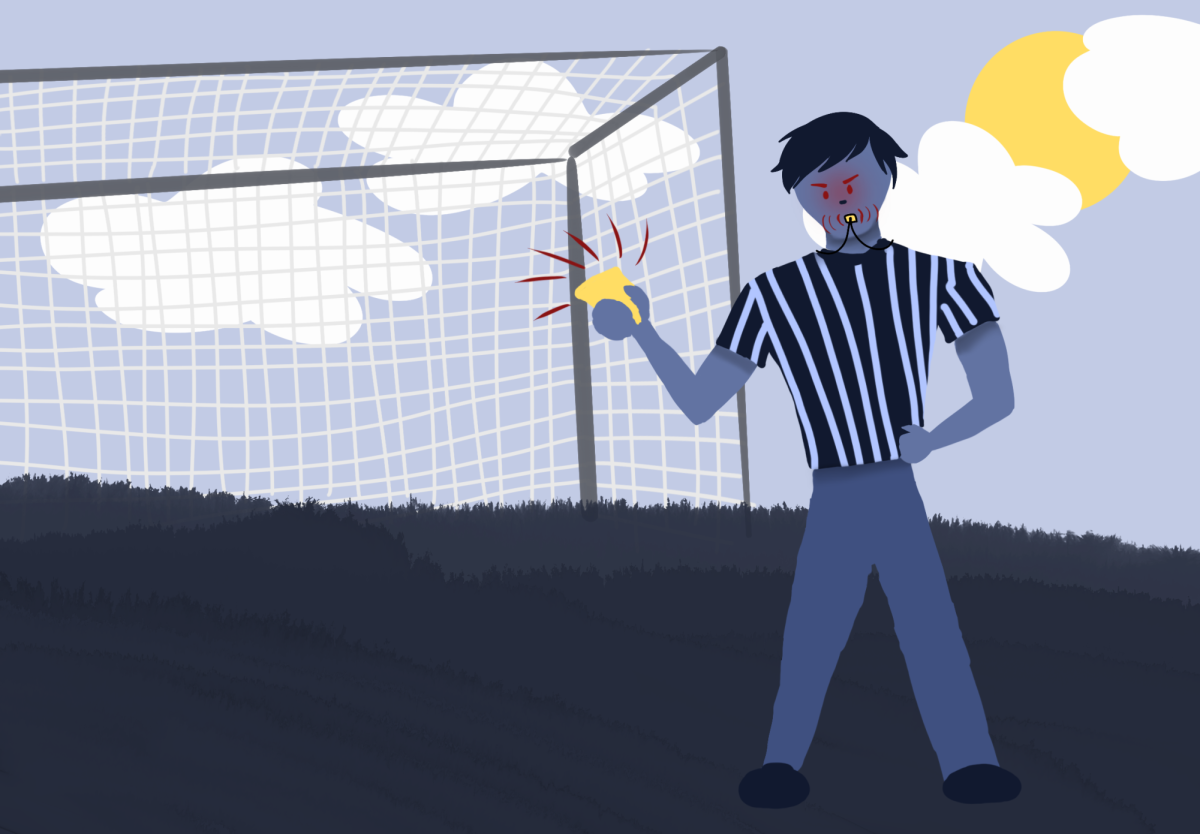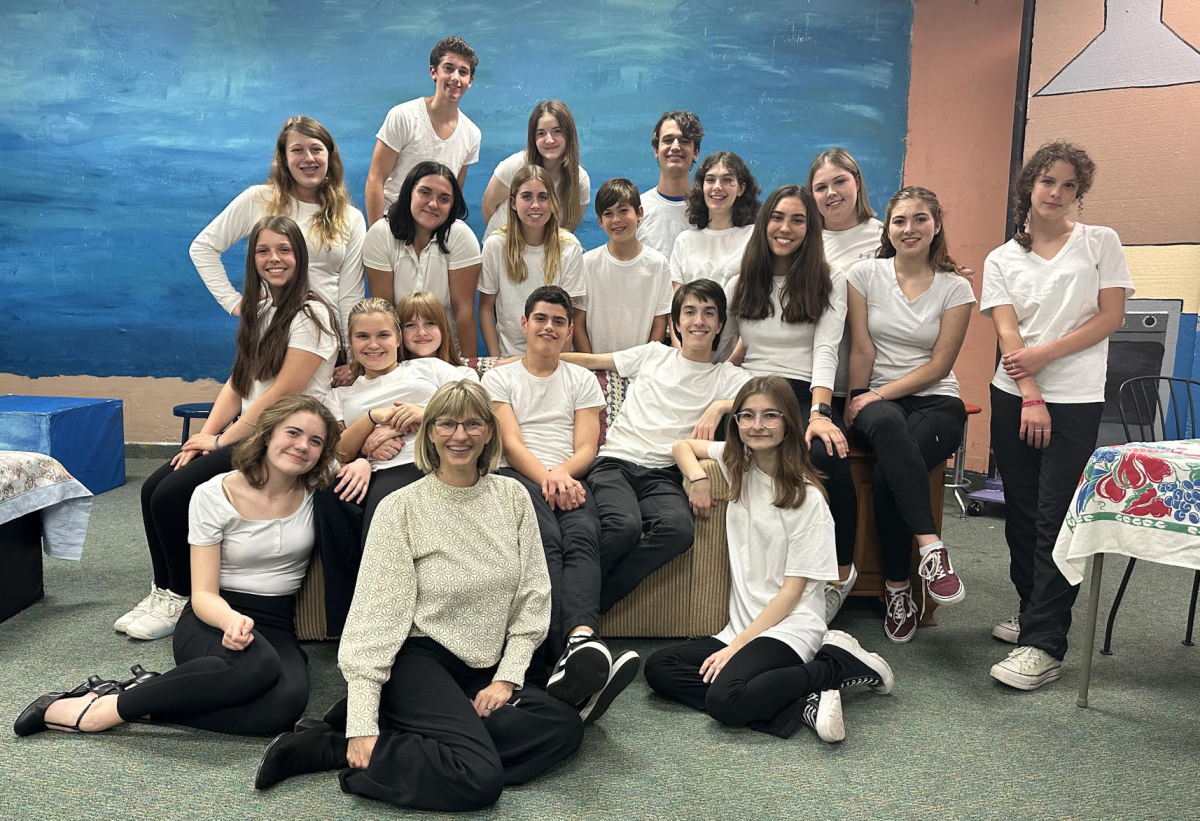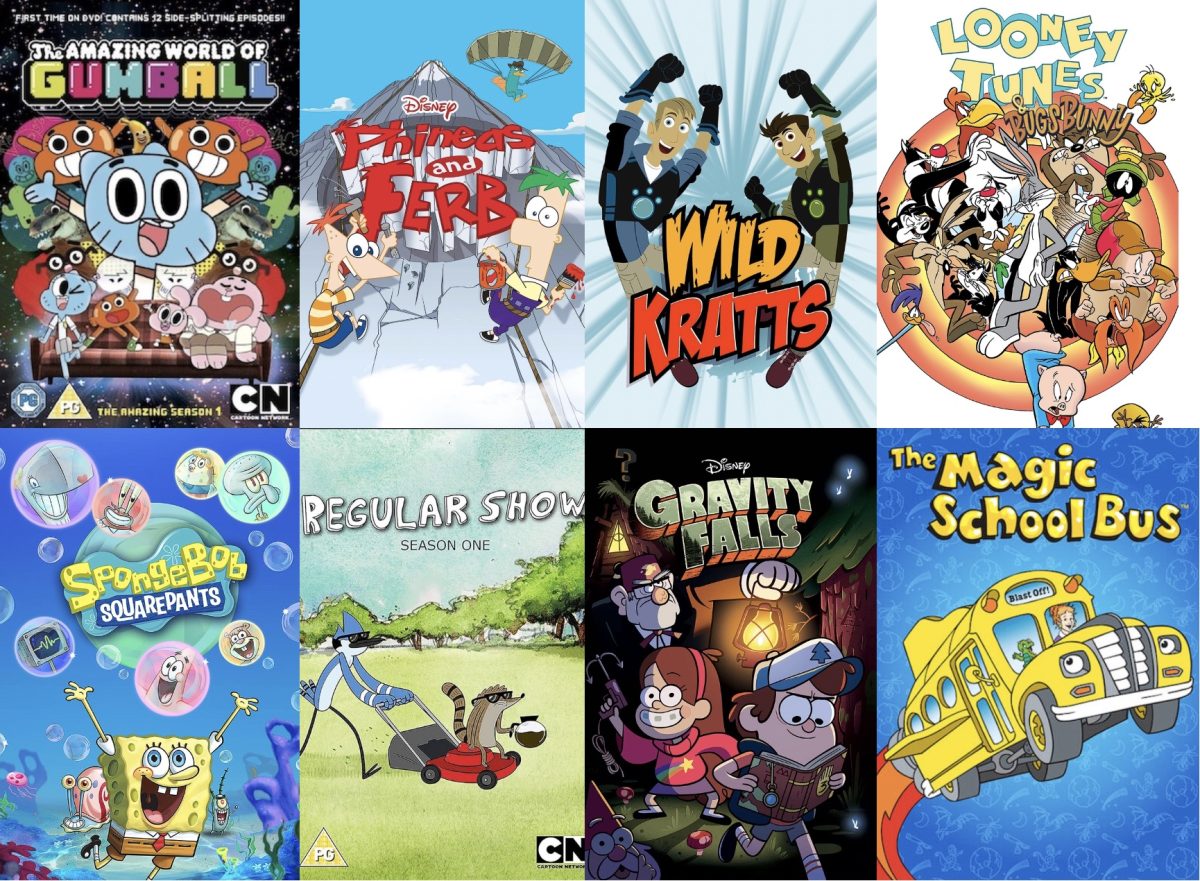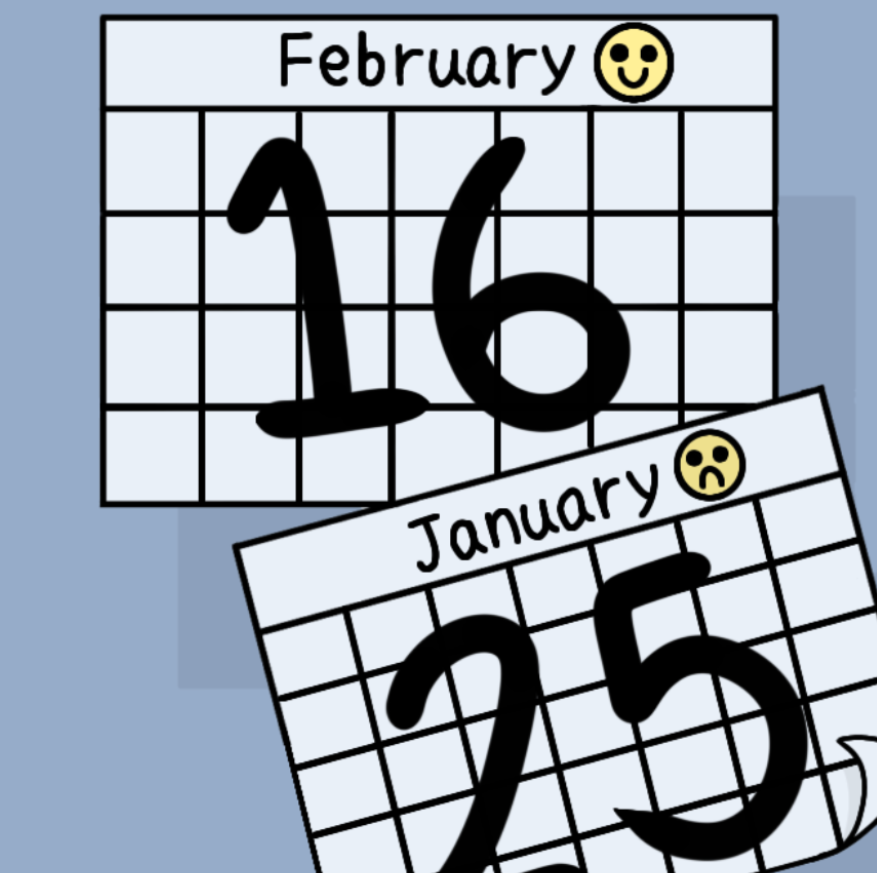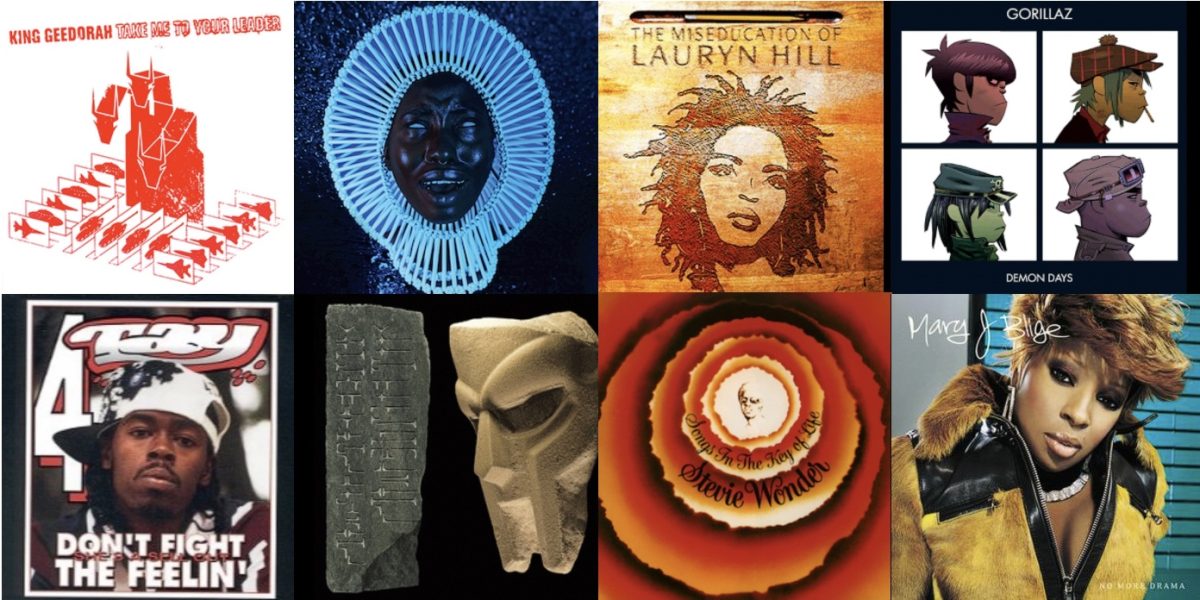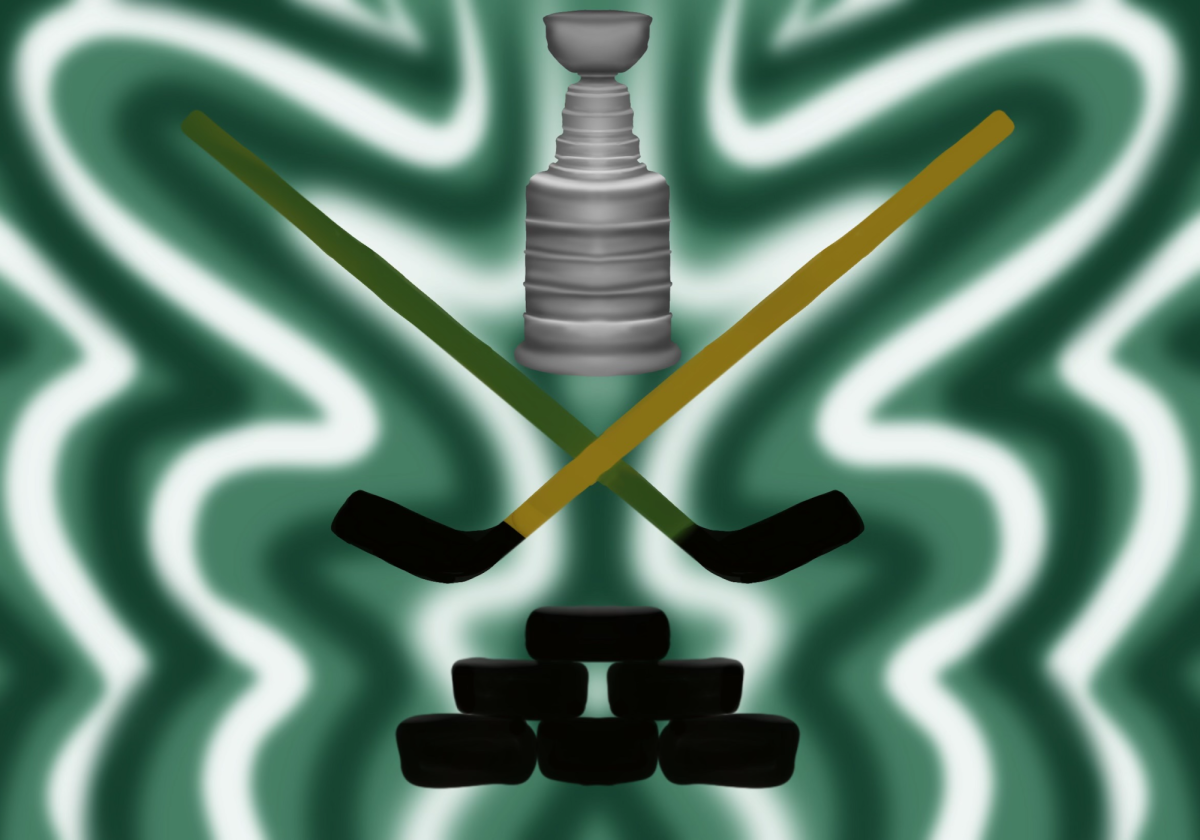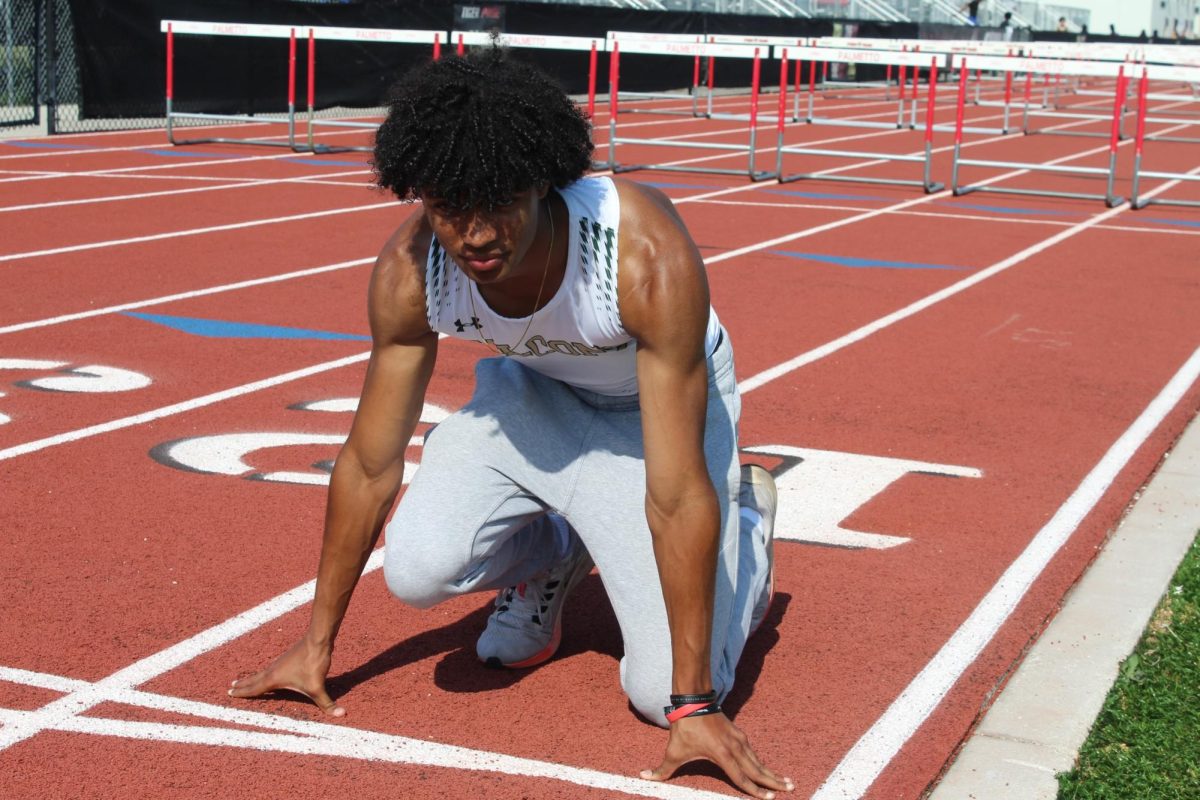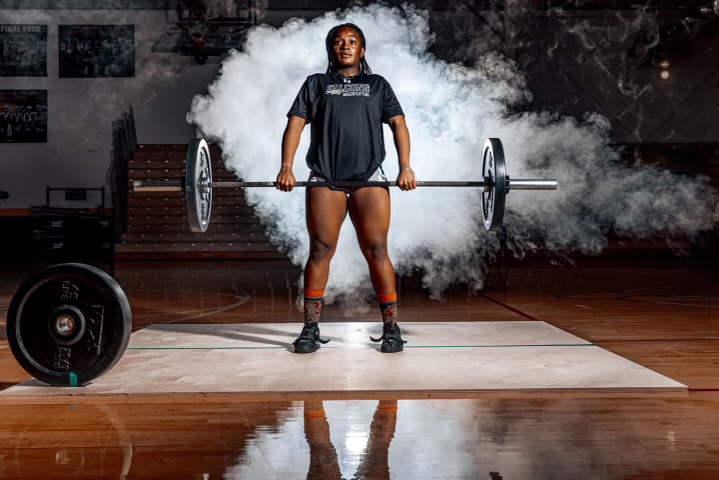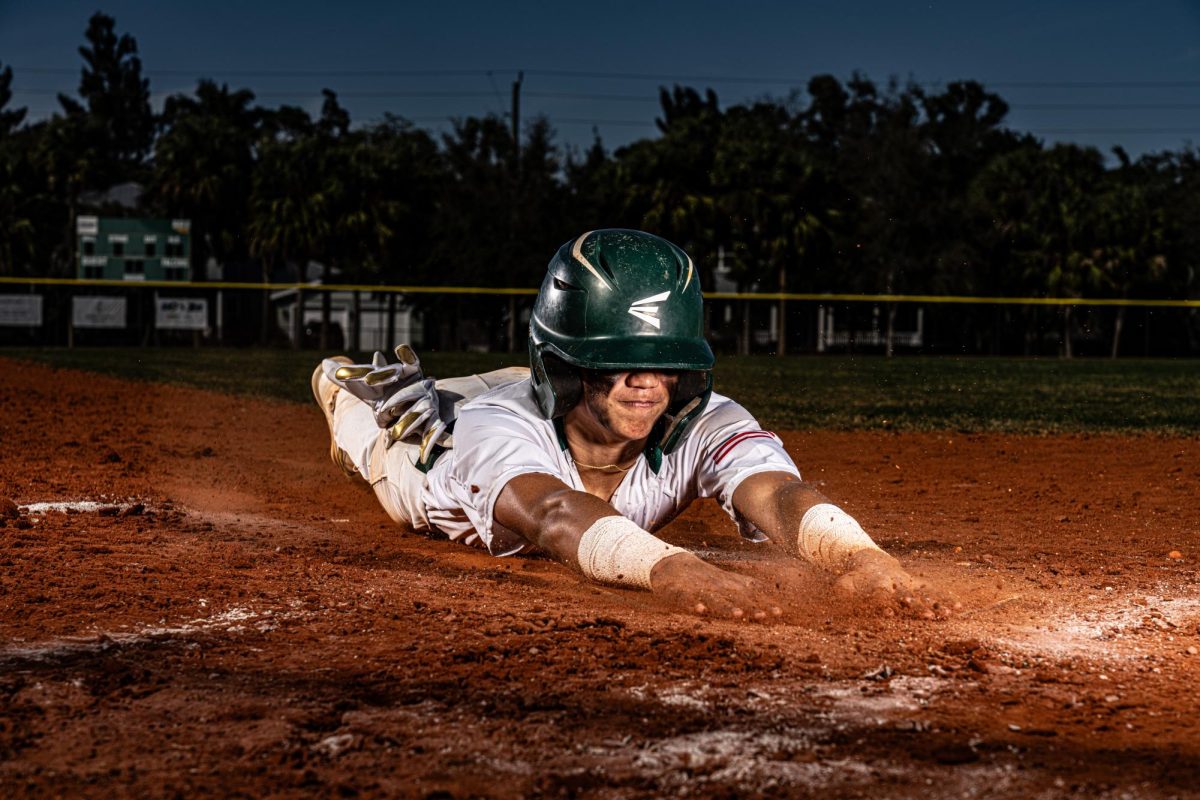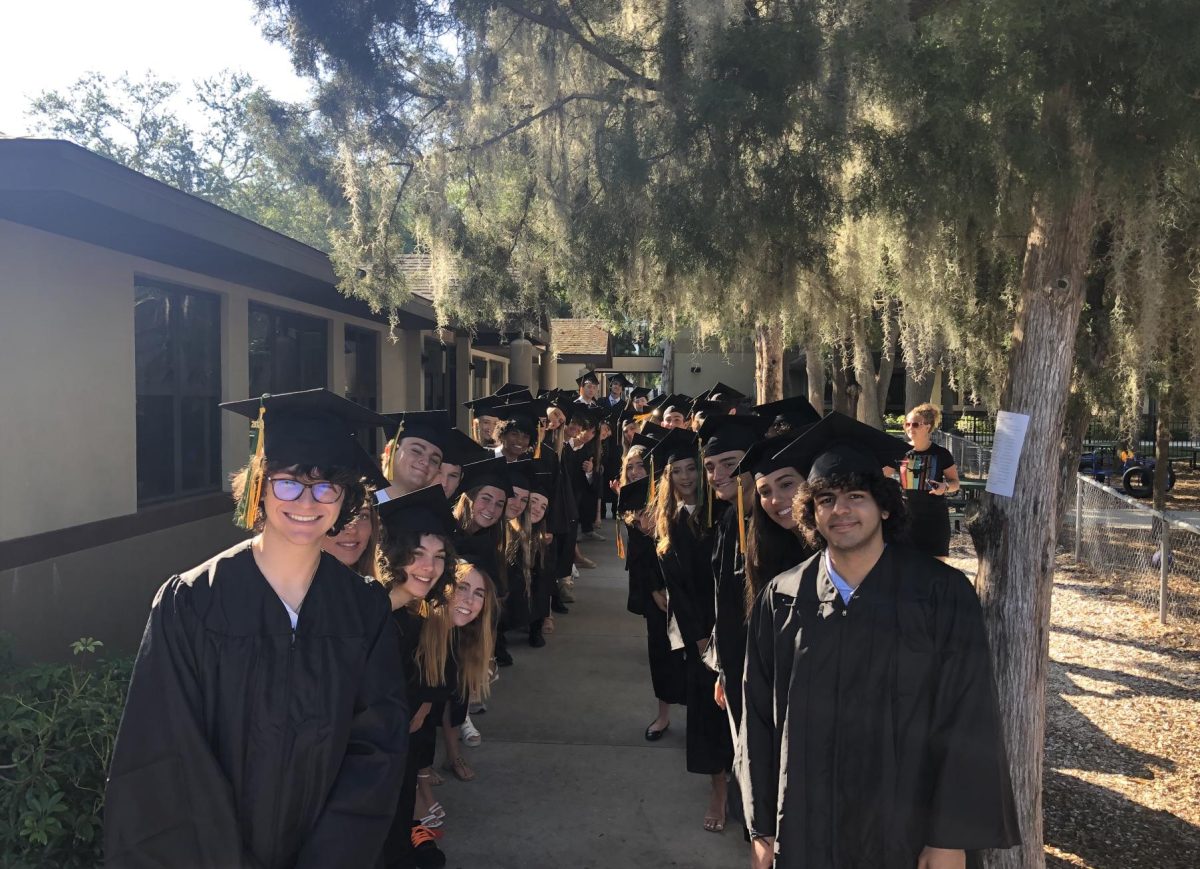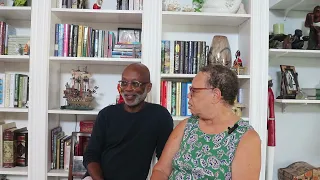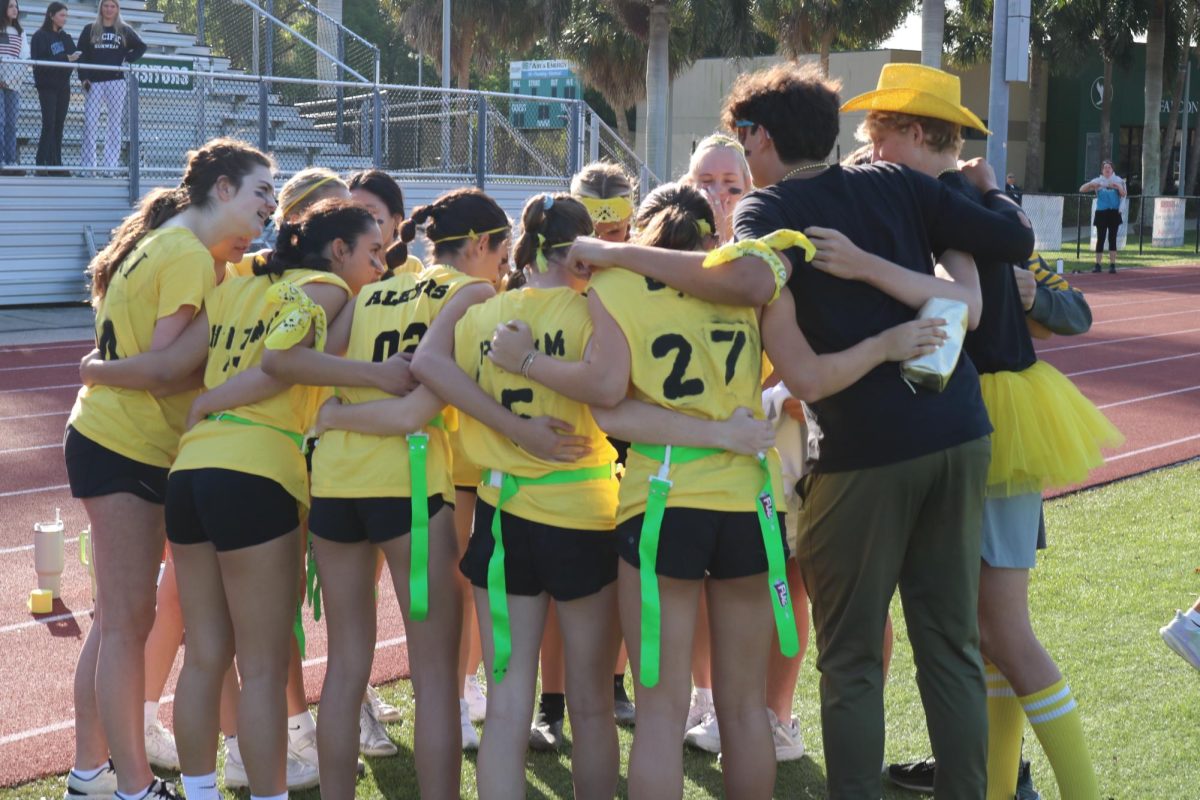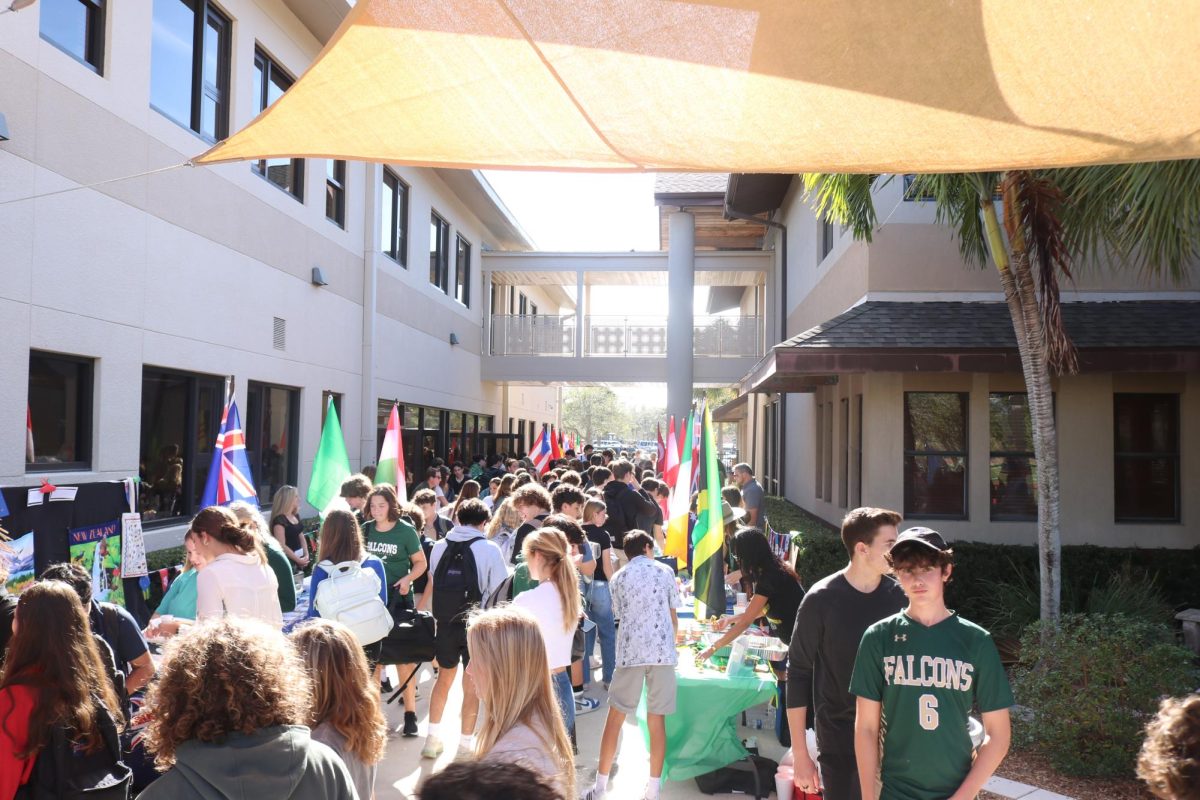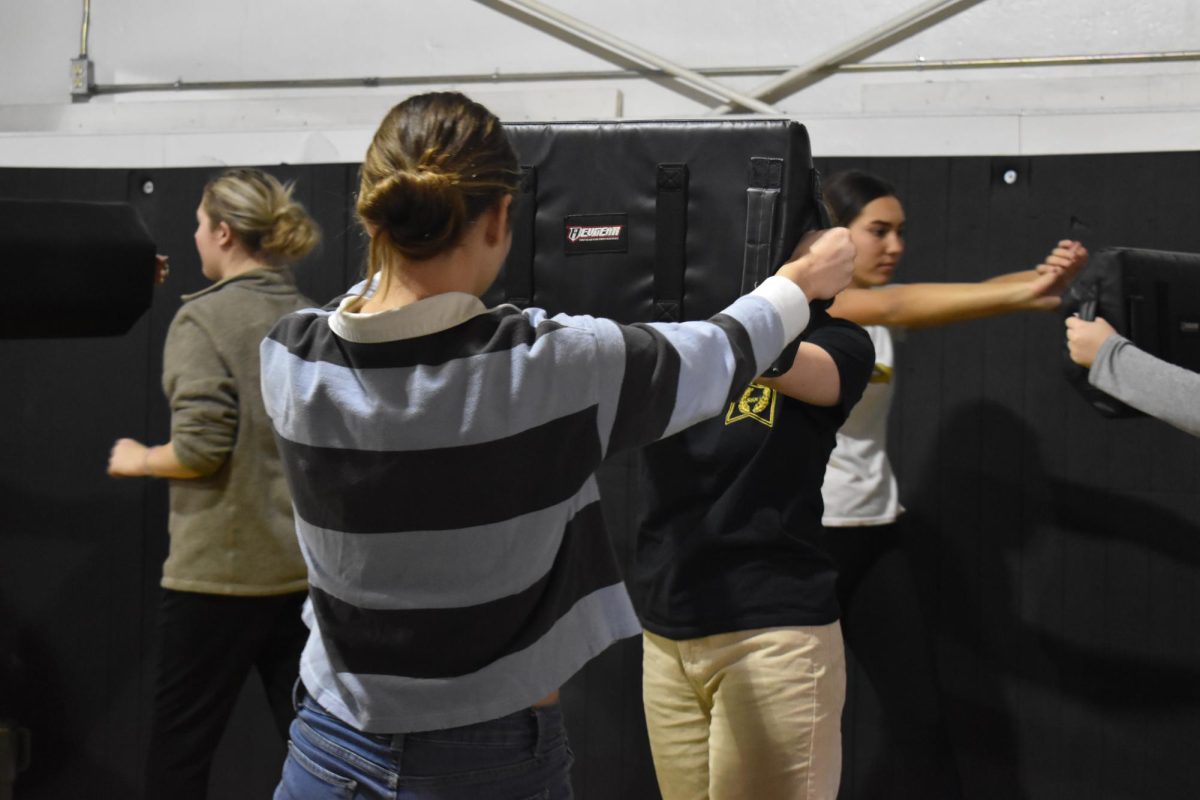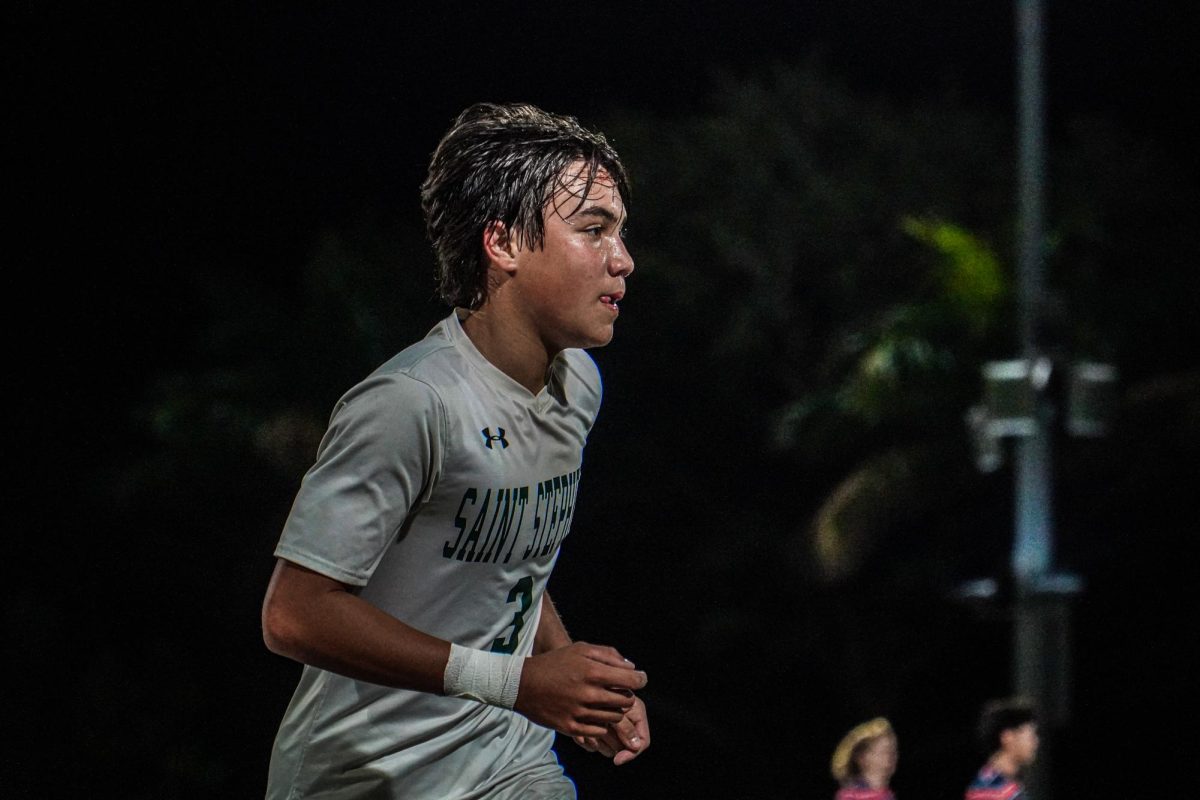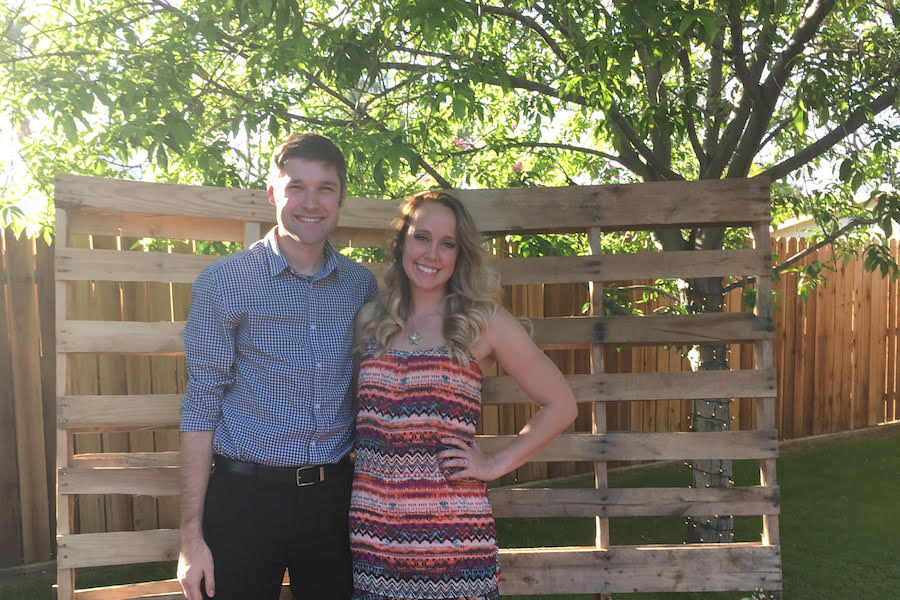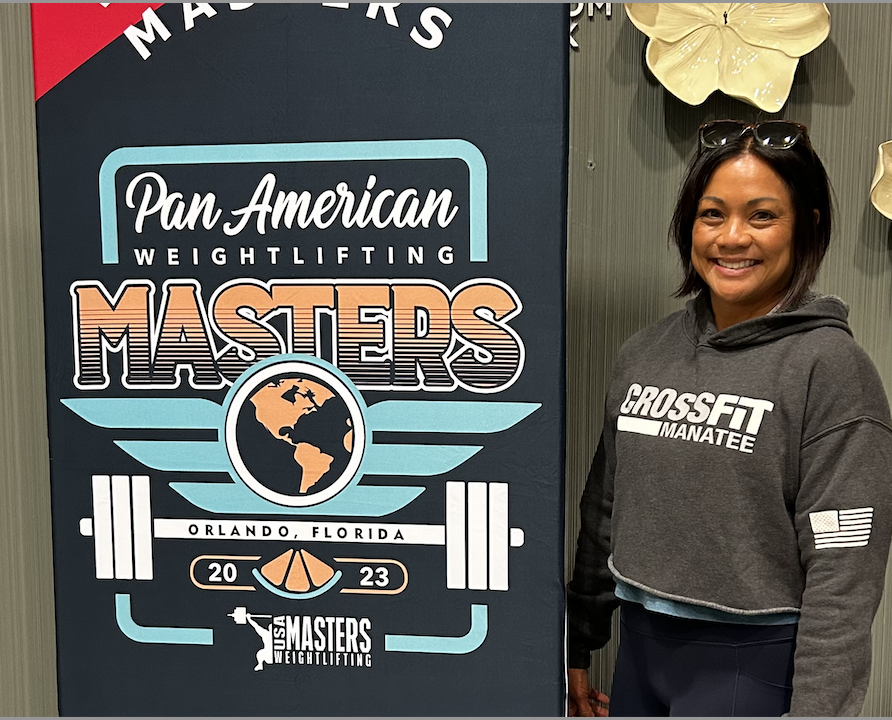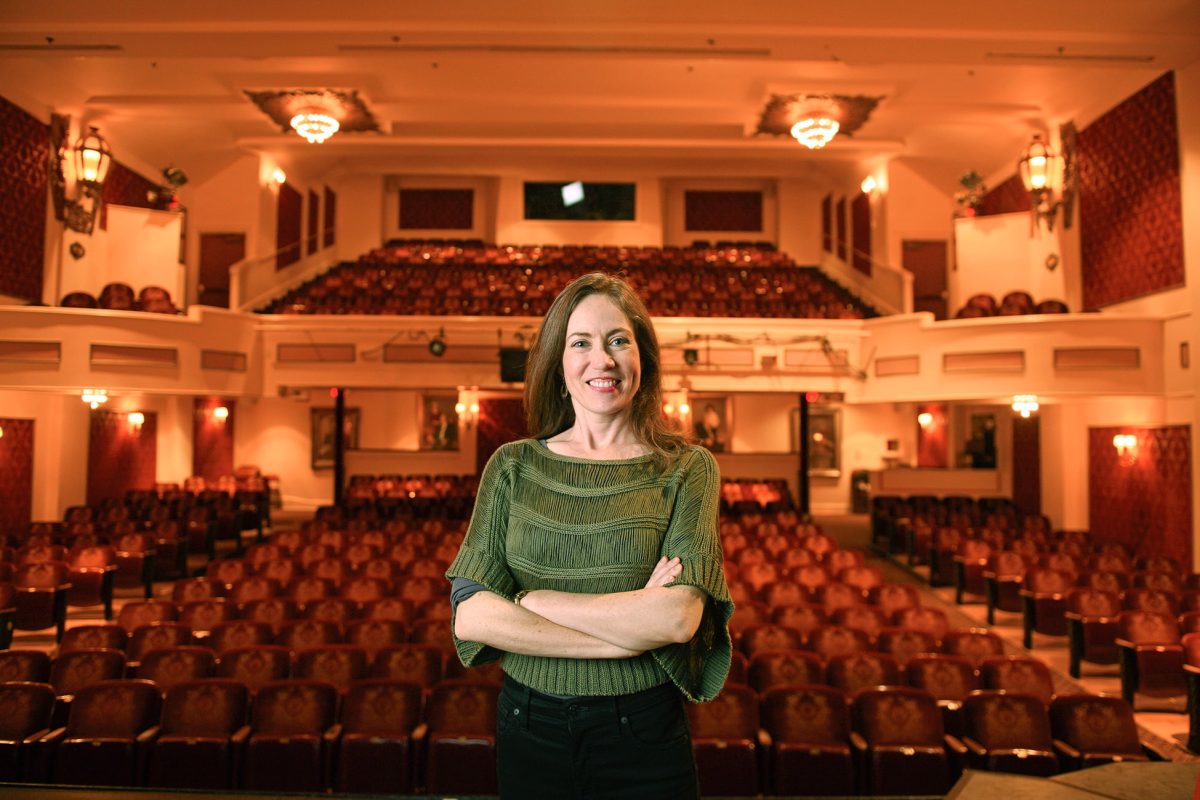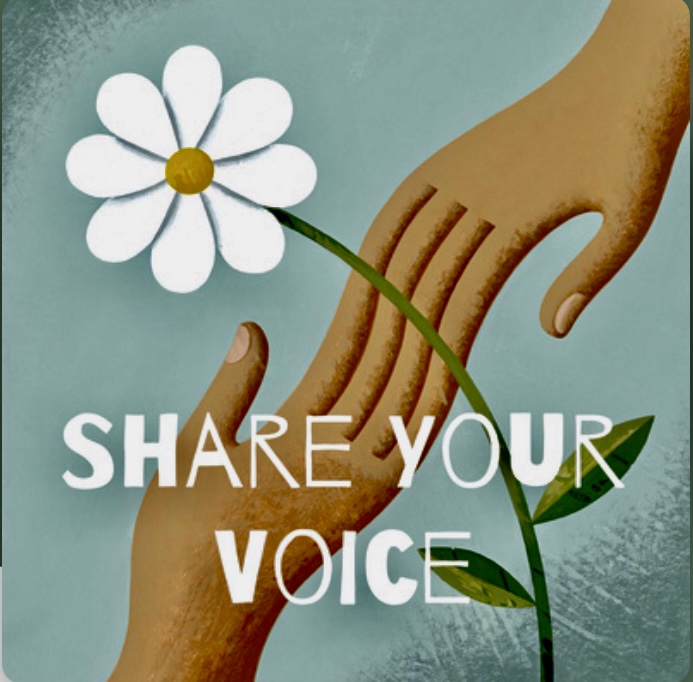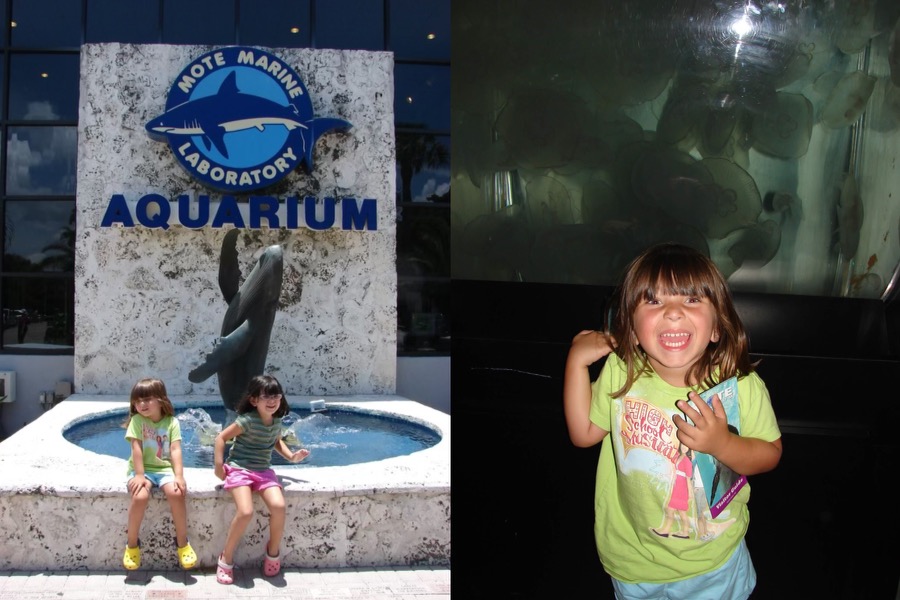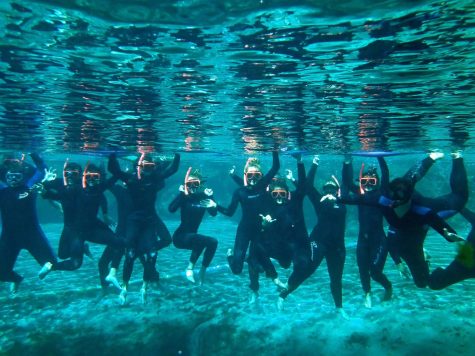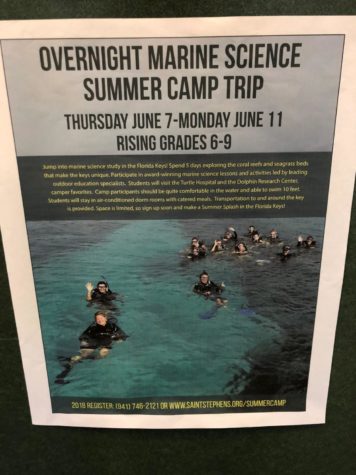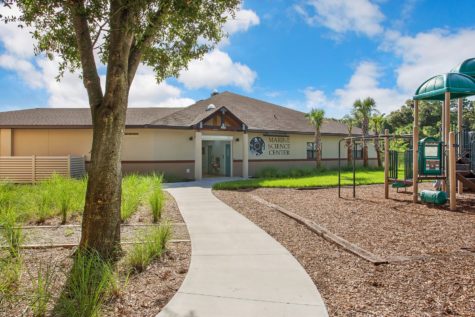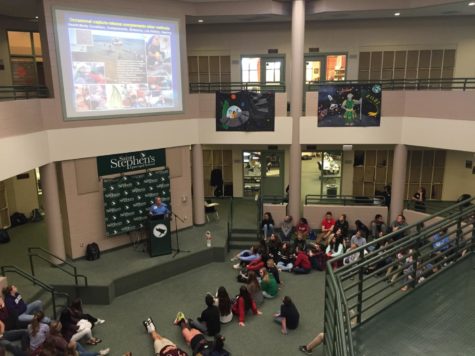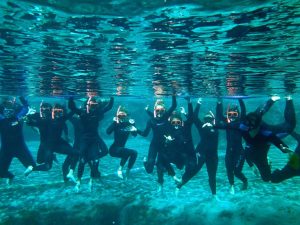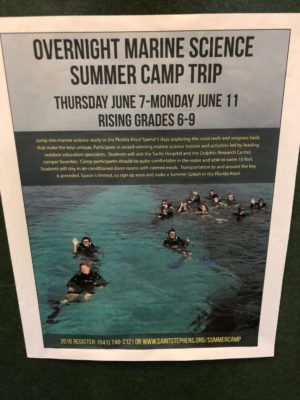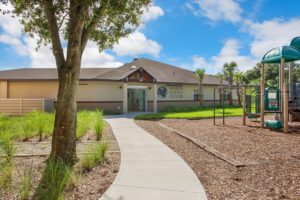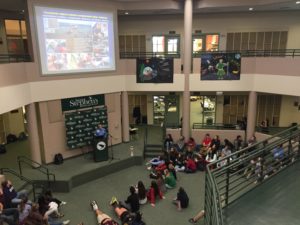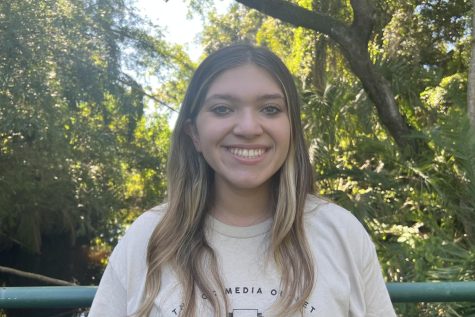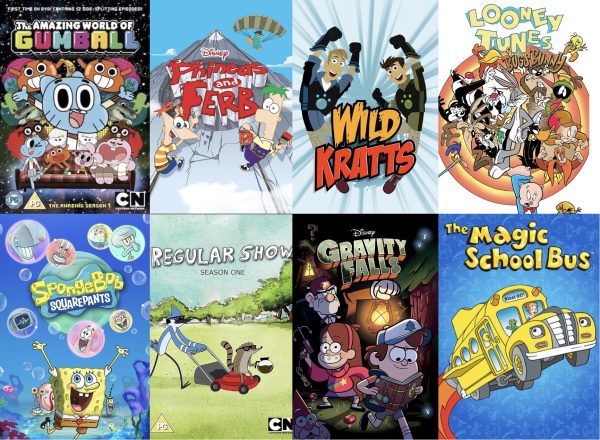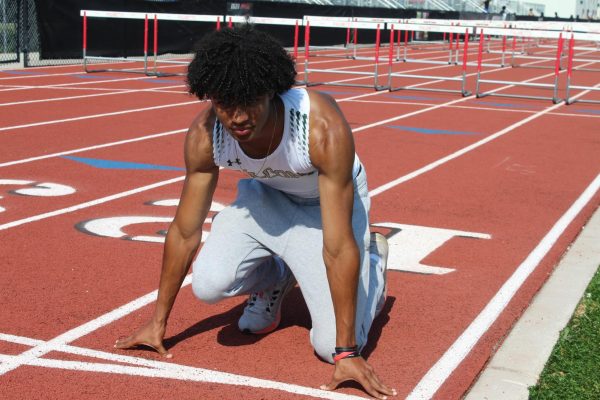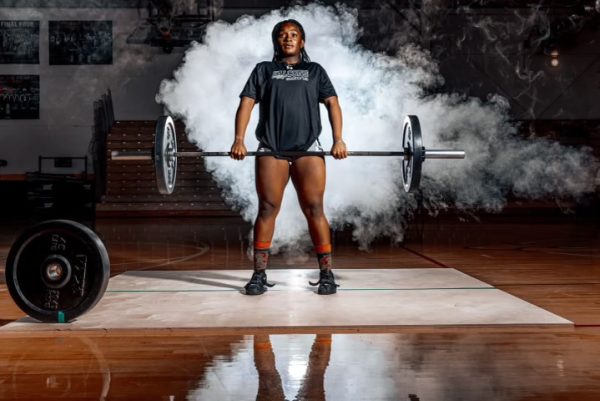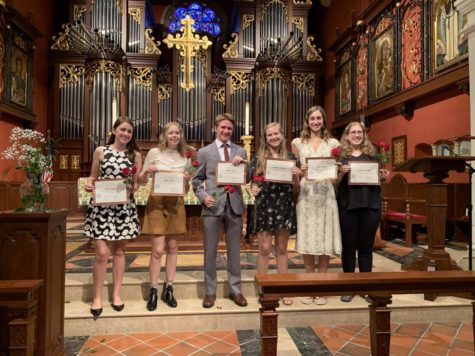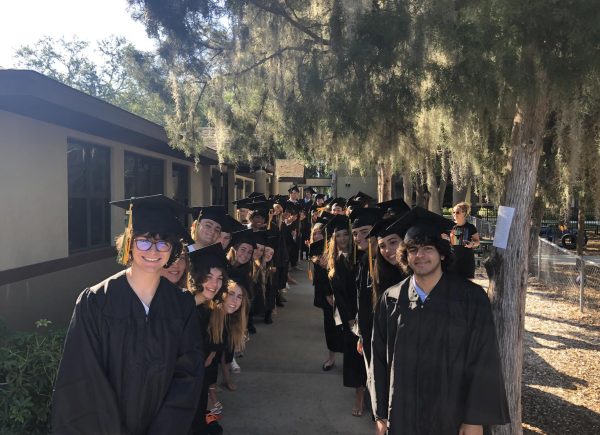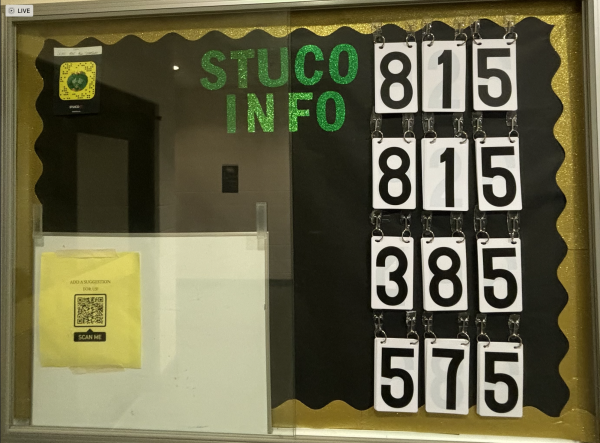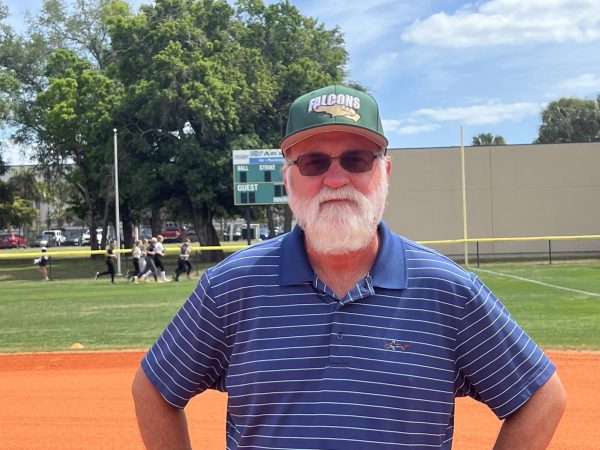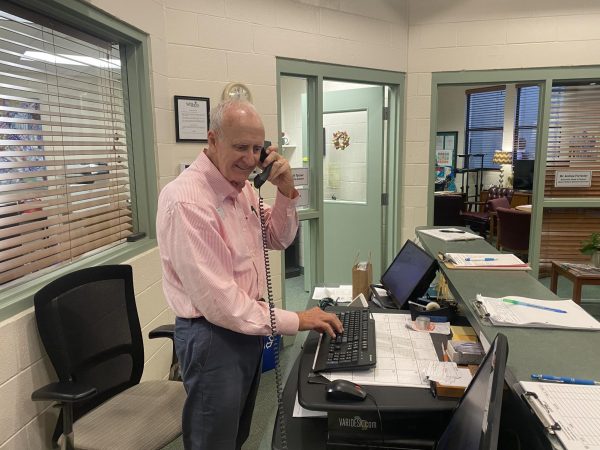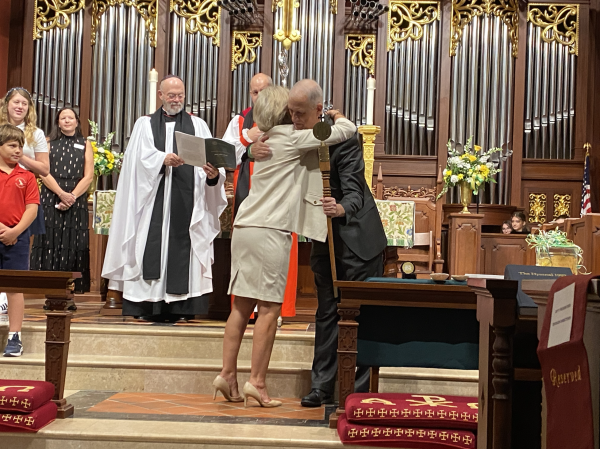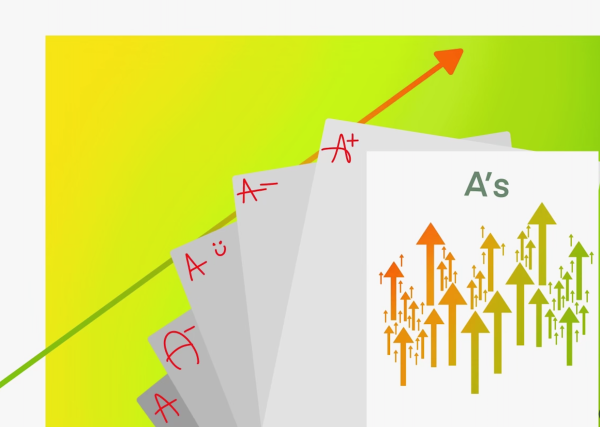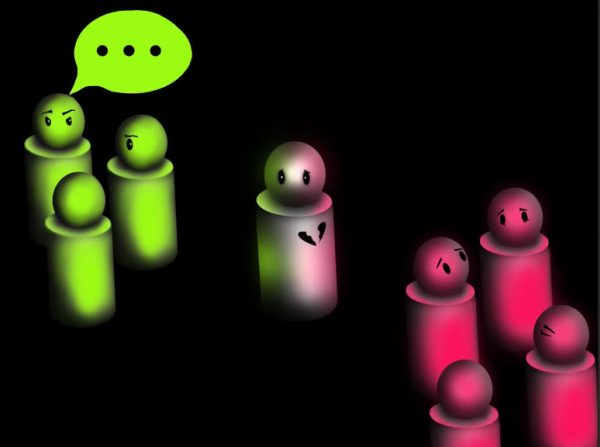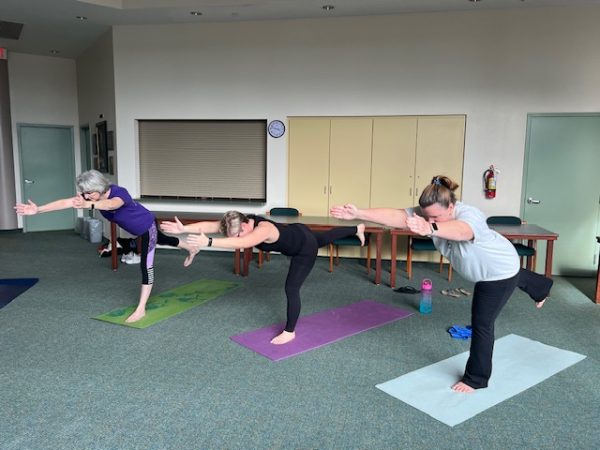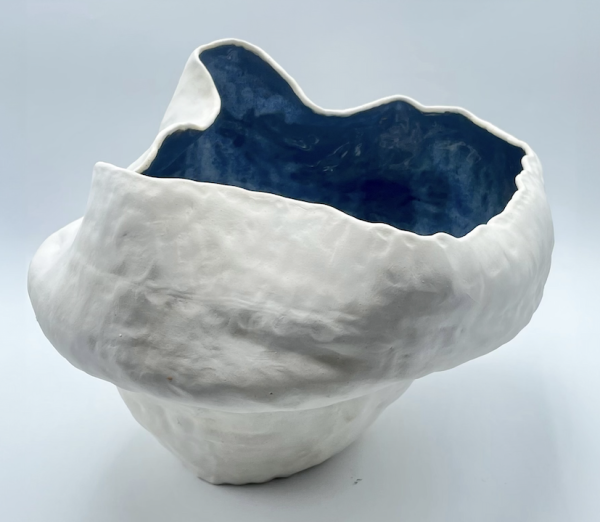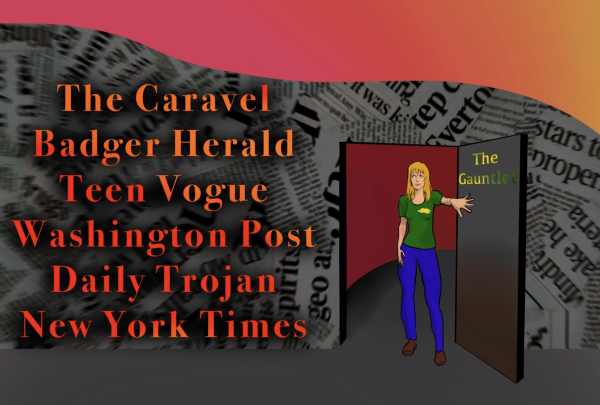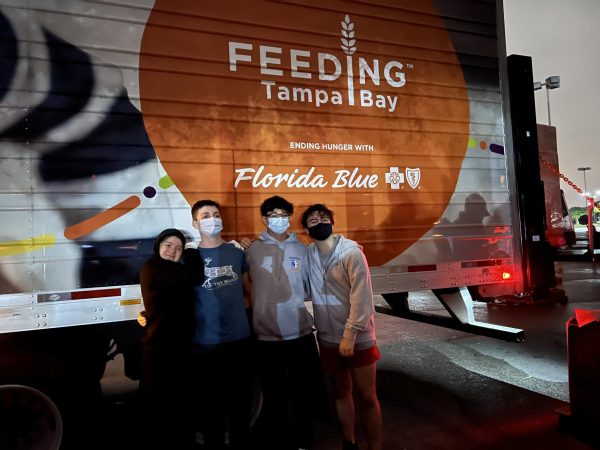Find your marine science
This is the story of how I found “my thing.” It all started back in 2008, on my first trip to Mote Marine Laboratory and Aquarium…
My sister and I visiting Mote Marine Laboratory and Aquarium for the first time in 2008.
January 27, 2023
“Smile!” My mom said as she clicked her Canon camera. My sister and I, only four and five, were positioned in front of the humpback whale statue at the entrance of Mote Marine Laboratory and Aquarium. We went inside, and I was immediately drawn to a circular tank illuminated by bright blue lights. Soon we were greeted by a friendly volunteer, who told me everything I could possibly want to know about the moon jellyfish display. I was mesmerized, watching these marine organisms moving elegantly through the tank. At that moment, the world felt still. Time seemed to stop, and there was no other place in the world I’d rather be. At five years old, I knew I had an unfathomable love for the ocean. However, I had no idea what was in store for my future. This is how following my passion for the ocean has helped me find my purpose in our world today.
Sophomore year here at Saint Stephen’s, I was able to join the marine science program. I jumped at the chance, especially after hearing countless stories from older students who had taken these courses. This was one of the best decisions I’ve made in my educational career. I was able to see the marine world from a whole new perspective: under the microscope and out in the field. In this class, we dissected a variety of specimens, from annelid worms, to sea stars, to spiny dogfish. Once a month, we took boat trips into the Manatee River to get a real idea of marine science field work. These opportunities have opened my eyes to the diversity of marine life we have here, right in our backyard. Without this class, I would never have followed my passion for the ocean.
This passion for marine science led me to the topic for my Girl Scout Gold Award, a sustainable project that involves the community and creates lasting change. I soon started my YouTube channel: Plastic is Not Fantastic. I shared the dangers of single use plastics on our environment and encouraged people to take a pledge to eliminate single use plastics. Something as easy as using reusable straws or tote bags can save lives. This project embodied everything that I am passionate about, and allowed me to make a difference in my community. I can thank my passion for the ocean for my project’s continued success.
In January of 2021, I saw a post online from Mote Marine Laboratory and Aquarium: the place that made me fall in love with the ocean at just five years old. They were advertising their Summer High School Volunteer Program, an opportunity for high school students to educate guests about the residents and share information about marine life. Once again, I jumped at this opportunity. Now, I have volunteered at Mote Marine Laboratory and Aquarium for over 250 hours. Once a week, I get the chance to educate guests from far and wide about environmental conservation issues. While some see the aquarium as a fun place to see sea animals, I see it as a place to educate and get others to care about the ocean as much as I do.
Without all of these experiences, I wouldn’t have fallen in love with the ocean or marine science. However, I haven’t gotten to where I am without a few criticizing conversations about being in the field of marine science. When I started telling people about my hopes to pursue marine science in college, I was struck with the classic— “What exactly do you plan on doing with that? Saving the turtles?” or even, “So you want to be poor for the rest of your life?”
At first, I started questioning myself. Were they right? Was I chasing a silly dream that I would soon outgrow? After hearing these comments over and over, I realized these questions apply to so many other majors, too. What would I do with an English degree? Or a communications degree? Or even a business degree? Your future isn’t determined by the degree itself, but by your effort and passion for what you’re studying. So I picked myself up, pushed away my doubts, and continued following my passion.
Now, I’m a second semester senior committed to study Marine Affairs at the University of Miami. I wouldn’t be where I am without the criticizing comments, my time educating the public at Mote Marine, or even seeing that first jellyfish I fell in love with all of those years ago. Now, go find your own marine science. Find something that captivates and inspires you to make a difference in our world. After eighteen years, I’ve finally learned how to follow my dreams, and to not let people’s hateful comments get in the way of doing what I love.
2
